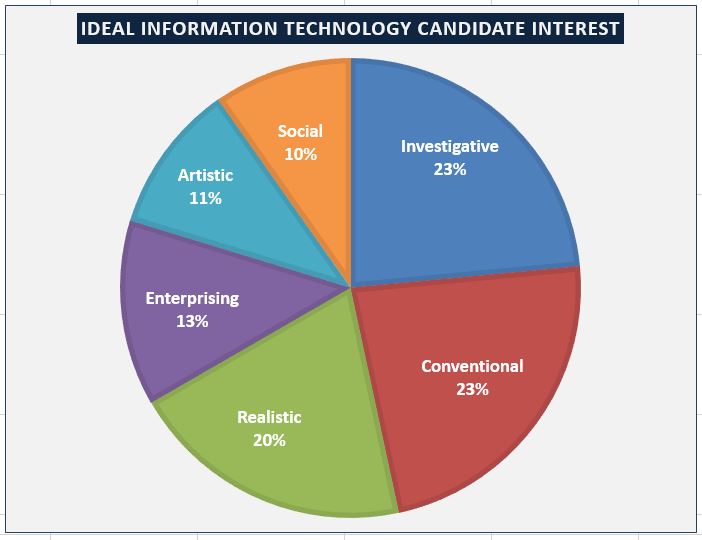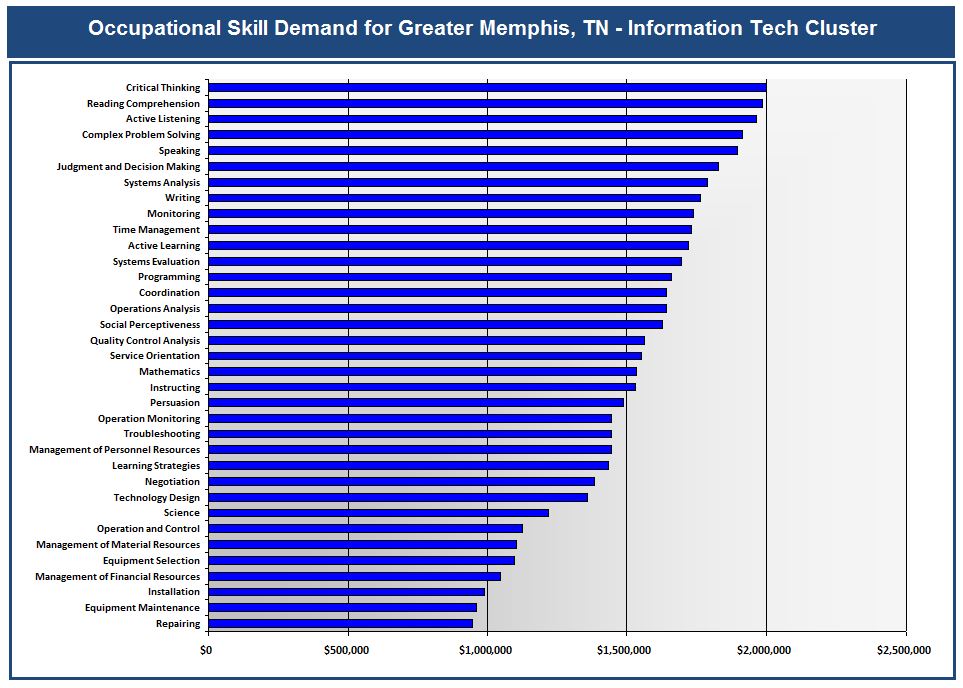 Talent pipeline development is economic development. But unfortunately, while most cities have been engaged in the work of true economic development in workforce and small business development, Memphis has been engaged in a version of corporate socialism through excessive tax abatements for the benefit of the small few. The implementation of corporate socialism has been enabled by recognizing Northern Mississippi and Eastern Arkansas as primary economic development competitors as opposed to collaborative competitors in regional economic development while using bogus accounting to justify excessive corporate/real estate abatements.
Talent pipeline development is economic development. But unfortunately, while most cities have been engaged in the work of true economic development in workforce and small business development, Memphis has been engaged in a version of corporate socialism through excessive tax abatements for the benefit of the small few. The implementation of corporate socialism has been enabled by recognizing Northern Mississippi and Eastern Arkansas as primary economic development competitors as opposed to collaborative competitors in regional economic development while using bogus accounting to justify excessive corporate/real estate abatements.
Meanwhile, Memphis small business vitality has plummeted and disconnected workforce development efforts persist in the wake of stagnating corporate socialism. Based on a review of 14 peer cities data, per the American Cities Business Journal, which includes cities like Nashville, Louisville, Jacksonville and Indianapolis it was found that the average total wage growth rate for cities that had above peer average small business vitality rankings was 42% compared to those that were below average at 30%
Additionally, it was found, based on the latest release of Integrated Post-secondary Education Data System (IPEDS) data, that Memphis completion rates were below average. To that extent, an analysis was done focusing on post-secondary awards of less than 1 year. The analysis found that for cities that had above peer average completion rates, the average total wage growth rate for those cities was 39% and below peer average cities had an average growth rate of 33%. See Data:
The above is why the countywide IMPLEMENTATION of Junior Achievement (JA), recently funded by the Shelby County Commission, going beyond 11,000 students and connecting the workforce development system through career pathways is so important. JA programming stresses relevant entrepreneurial, financial literacy and work readiness education for all which supports small business development and higher post-secondary completion rates. And the former promotes greater total wage and tax revenue growth for all while retaining and developing talent.
Just Do It – National Leadership in Junior Achievement and Career Pathways
Given local needs, Memphis should think big to become the national leader in career education which involves post-secondary education for all. This would leverage JA content programming around relevant entrepreneurial, financial literacy and work readiness education while increasing post-secondary completion rates while perhaps becoming a national leader in ACT WorkKeys implementation.
Entrepreneurship most often starts with occupation and occupation starts with education. And financial literacy and career choice involves exposure to career pathways that allow for minimization of student debt with post-secondary award options starting at less than 1 year enabling one to start earning a $50K annual salary 1 year out of high school.
Given the coming Technami that is sure to impact all industries, companies such as Google and Apple have abandoned their 4 year degree requirement. Local Memphis employers, if they have not already, are sure to follow. Given this probability, students need exposure to career pathways planning opportunities that allow them to fully leverage these career opportunities while companies need a process for identifying those student candidates through a connected workforce development system.
Connection – Common Language and Candidate Identification
Connecting any system requires common language and that is the same with the workforce development system so that stakeholders from diverse professional backgrounds can effectively communicate. And accelerating the school to employment connection through more efficient career pathways pressures stronger and more relevant soft/foundational skill development as supported by JA programming.
Common language, with respect to the workforce development system, involves 1) employer demand data, 2) relevant curriculum like JA with a focus on soft/foundational skill development and career pathways planning, 3) common assessment around student interest, work preferences and skill readiness and 4) common job board and connecting technology for marketing and cost minimization.
Throughout the country, well intended business-education partnerships routinely fail due to the lack of common language and an entry point for employer engagement into daily instructional practice such as what JA so adequately provides. With the implementation of common language in support of career pathways and the JA curriculum content platform, the workforce development system can connect employers, educators, policymakers, students and parents while powering the local economy. This includes making the connection with current programming such as what the Greater Memphis Medical Device Council provides.
The Employer Connection In Practice
So, what might common language implementation and a process look like for a local employer in need of technology professionals? A company would want to identify candidates based on the following criteria using research-based assessments that includes interest, work preferences, ACT WorkKeys and ideally a completed career plan while promoting timely post-secondary education options for potential employment. An acronym for such a process is IPEG – Identify, Promote, Enroll and Graduate.
With information technology jobs in mind, the ideal student candidate for employer identification would have the following outcomes:
Interest Profile (6): Investigative and Conventional. Validates student fit for information technology occupations. See the above graphic for this section for an ideal information technology candidate interest profile.
Work Preference (6): Achievement, Independence or Recognition. Validates fit for information technology occupations.
ACT WorkKeys National Career Readiness Certificate (NCRC) – Gold preferably or Silver Certificate. Validates student foundational skill readiness in Applied Math, Reading and Graphical Literacy for information technology occupations.
Capstone – Junior Achievement graduate and career plan. Validates students soft and foundational skill development and career intent
Employers Promote – Student enrollment in Early Postsecondary Opportunities to facilitate career plan completion, efficient career pathways navigation and graduation.
Below is a ranking of the 33 skills most important for information technology occupations from the world leading O*NET database. These skills have been cross referenced based on projected employer demand for informational technology jobs in the Greater Memphis Area. The most important skills for information technology jobs are addressed in the JA curriculum. As one can see, the more general soft and foundational skills are most important to informational technology jobs as they are to all occupational clusters. See skills.
While the above has focused on occupation which generally comes before starting one’s own business, JA programming plants the seed and develops entrepreneurial thinking that is often needed in employment, management and certainly needed to build a vibrant small business community with the help of financially literate entrepreneurs.
Conclusion
Measurement of the talent pipeline development effort above can be accomplished through centralized web based technology and dashboard for authorized viewing. With that said, centralized technology is not required for the implementation of career pathways, it just reduces implementation costs while streamlining career pathways marketing efforts. Under any condition, robust countywide expansion of Junior Achievement and career pathways through common language development should immediately occur.
Here is the good news. Properly implemented, all of the above can be seamlessly integrated into the academically aligned standards-based curriculum so that educators don’t have yet another task, separate from the mainstream curriculum. All of this helps to connect the workforce development system with common language while getting employers, educators, policymakers, students and parents on the same page while powering the local economy.
So Just Do It ! Think BIG Memphis. Think National Leadership in Career Education which includes 4 year degrees and beyond for many.



